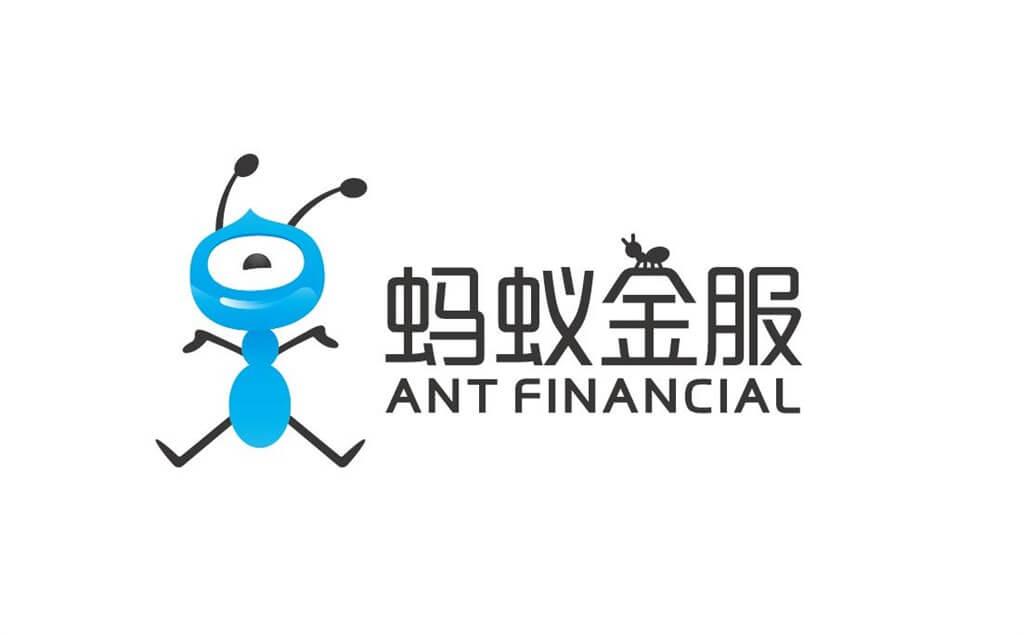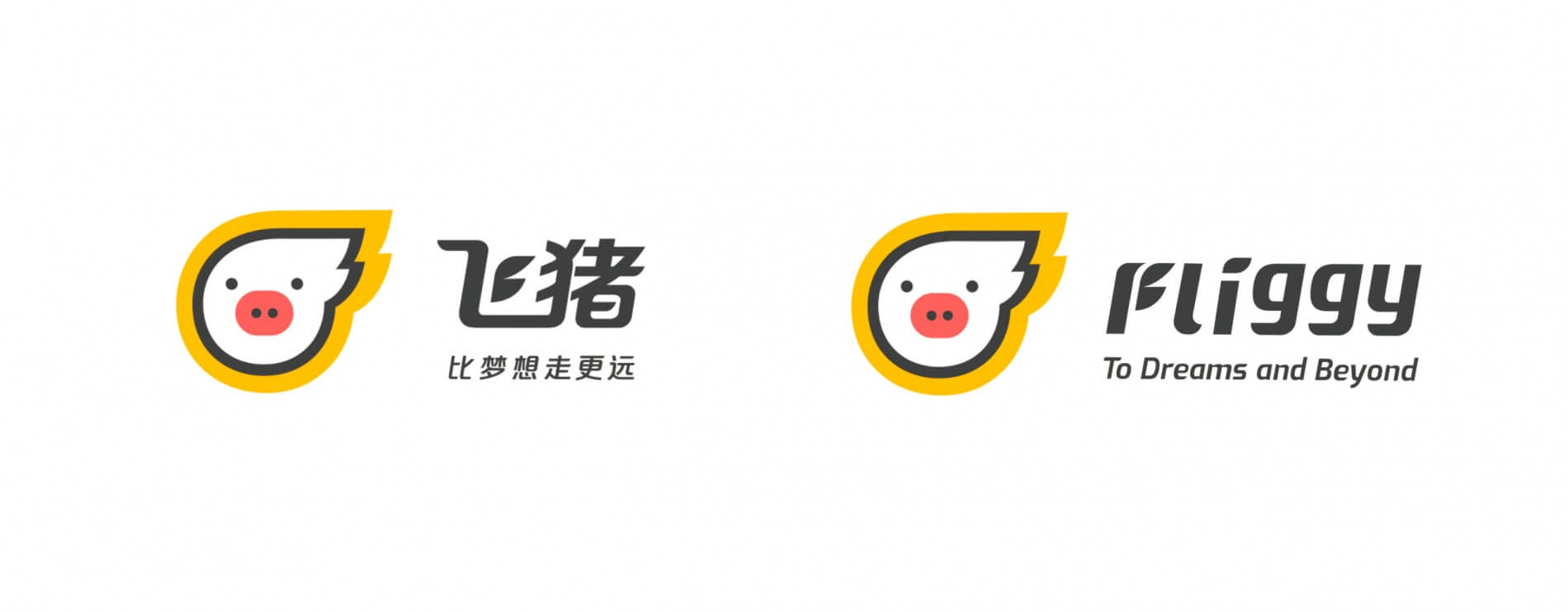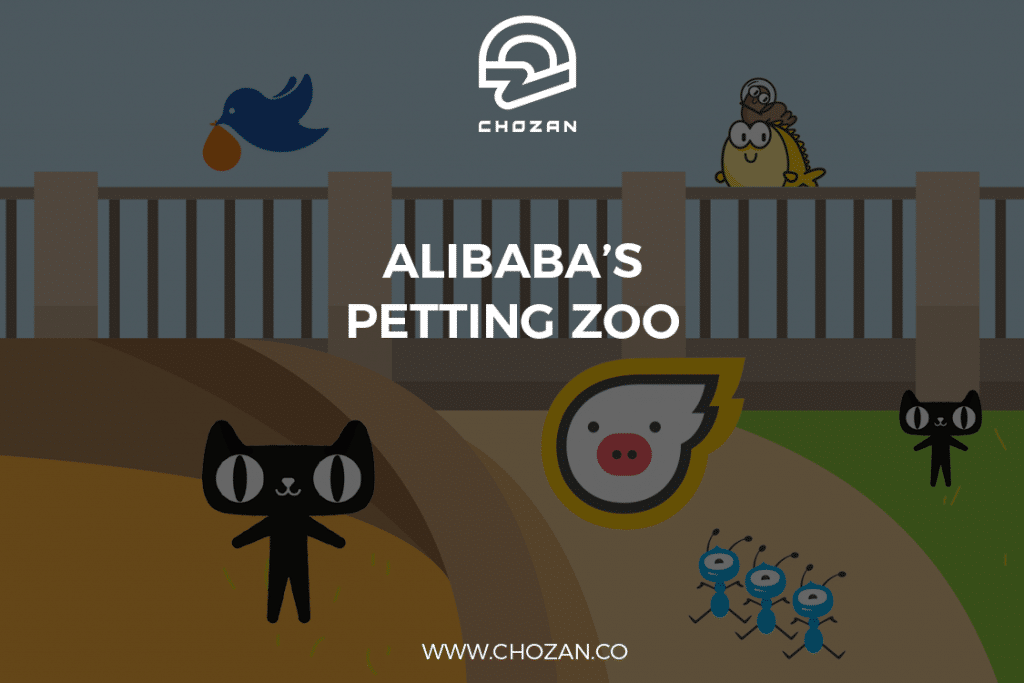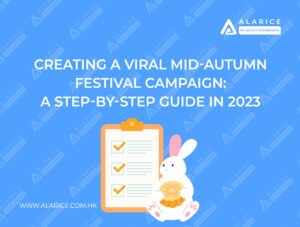By now, everyone knows the origin story of Alibaba. Jack Ma failed his college entrance exam three times, was rejected for the next 30 jobs he applied for, then, in 1999, went on to found Alibaba and became one of the richest men in the world.
For those who’ve been living under a rock, Alibaba is a huge Chinese e-commerce conglomerate that provides consumer and business sales services. How huge? In 2017, it had 158.73 billion yuan (23.85 billion USD) in revenue of which 57.87 billion yuan (8.72 billion USD) was profit. It’s version of Black Friday is the Double 11 shopping festival on November 11th when it did 168.2 billion yuan (25.38 billion USD) in transactions through Taobao and Tmall.
As an enormous e-commerce conglomerate, Alibaba Group covers diverse businesses. Its best-known subsidiaries are retail websites Taobao, Tmall and AliExpress. Some of the lesser known entities outside of China are its logistics company Cainiao, its e-finance company Ant Financial, online travel platform Fliggy and Idle Fish, an app to help people sell their second-hand items. It also has a host of other companies under its umbrella such as 1688, a domestic online wholesale platform, Aliyun, a cloud computing provider, Alimama, a marketing data platform, and Alipay, an e-payment platform used throughout China and increasingly abroad.
One thing most of those businesses have in common are their cute animal logos. Why the petting zoo and what’s the concept behind them?
Tmall (天猫)

↑ Tmall’s logo
Tmall’s logo is a black cat that looks like a capital T. According to Daniel Zhang, the chief operating officer of Alibaba, Tmall was aiming for a clear position and style – fashionable, sleek and superior. They felt that a cat embodied these qualities and the attitude they were looking for. On top of that, in Chinese culture, black cats not only represent luck and wealth but can also exorcise evil spirits. More interestingly, it resembles a cat-like image in the traditional pattern on the 100-yuan bill. Even though this connection is a combination of coincidence and imagination, the cat does seem to fit in well with China.

↑ A pattern just above the zero on the 100-yuan bill is similar to the Tmall logo.
Cainiao (菜鸟)

↑ Cainiao’s logo
Cainiao provides logistics services. Its logo shows a bird and the sun with simple orange lines. In Chinese, Cainiao means rookie or newbie, which reflects Jack Ma’s idea to approach learning from the ground up, like a rookie. The bird also represents the company’s packages flying to millions of families.
Ant Financial (蚂蚁金服)

↑ Ant Financial’s logo
Ant Financial provides electronic payment and banking services. Its logo is a happy blue ant; a symbol of anyone with little power but a powerful work ethic. The ant smartly conveys the idea that if you work hard, even the tiniest individual can achieve a wonderful life.
Fliggy (飞猪)

↑ Fliggy’s logo
Fliggy, a popular online travel platform, derived its name by combining the words “flying” and “piggy”. Pigs stand for honesty and reliability in China. The app provides the sense of security and trust when travelling and its ears flowing back in the wind show its on its way to exciting new destinations. The logo has added meaning in English because the expression “when pigs fly” indicates something impossible that can never happen. Well, Fliggy is doing the impossible.
Idle Fish (闲鱼)

↑ Idle Fish’s logo
Idle Fish is an online trading platform for second-hand goods. If customers buy something from Taobao or Tmall but no longer want it, they can use Idle Fish to sell it. Idle Fish’s slogan “Let your idle items swim again,” is where the site gets its name. This is also why Idle Fish chose the yellow fish as its logo.
Since animals figure highly in Chinese traditional culture, Alibaba decided to use animal images in their logos to make their brands easier to remember and more customer-friendly. Together, these animal logos make up the Alibaba zoo, working together and creating a distinctive eco-system.
Alibaba paints a vivid picture of how these “animals” cooperate harmoniously. The beautiful black cat (Tmall) picks up the fine goods for customers. The hard-working, little ants (Ant Financial) deal with the financial issues. Meanwhile the bird, (Cainiao) who is modest and good at learning, brings the goods to customers’ homes quickly. If customers want to transfer the goods, they use Idle Fish to pass them smoothly to the new owners. When customers plan to travel around, Fliggy, the flying pig, carries them to wherever they dream of. In the end, Alibaba has a site – and a cute animal – for every major aspect of a customers’ online shopping needs.
Stay tuned for my next article, where I’ll take on a more serious topic. I’ll talk about my participation in the 11.11 Gala and intimate briefings with Alibaba executives last week, the company’s vision of new retail, big data and innovations in China as well as their plans for international expansion.





